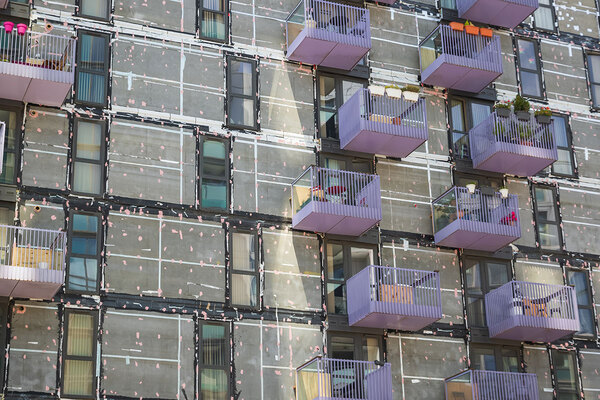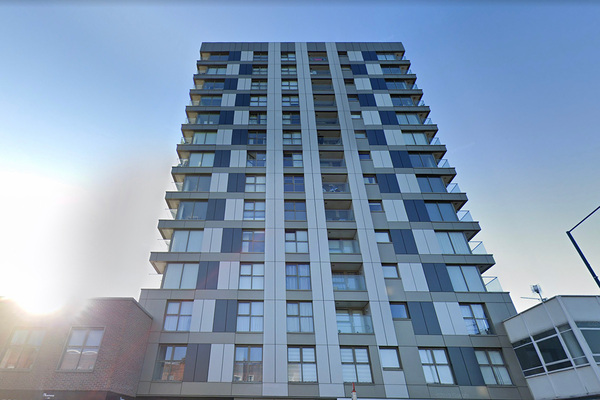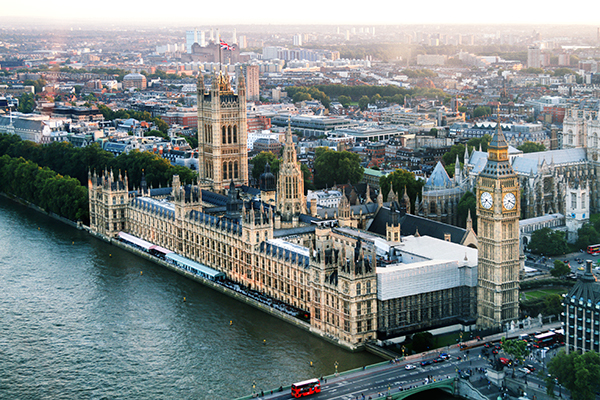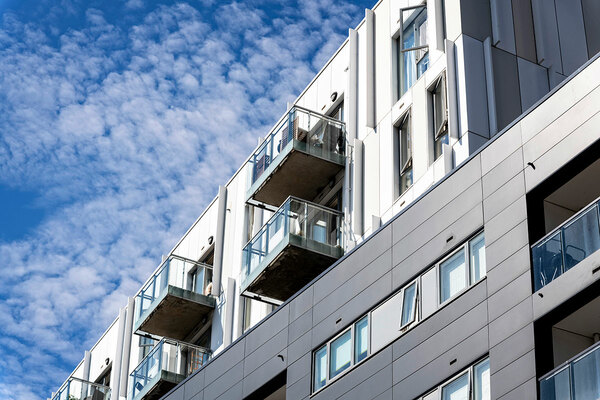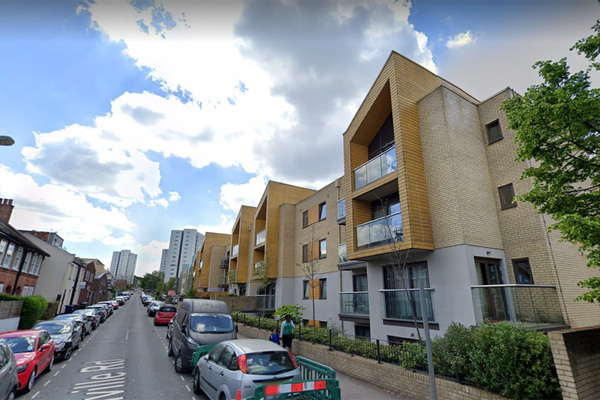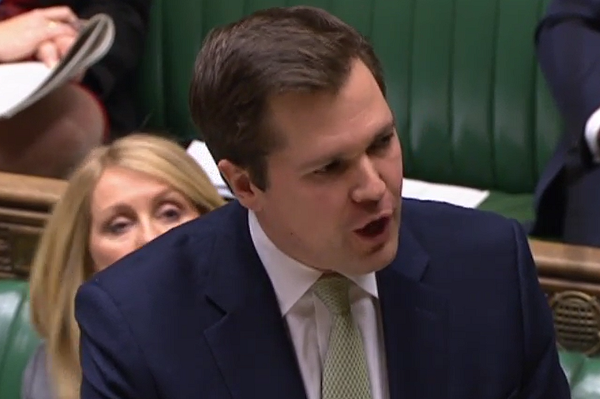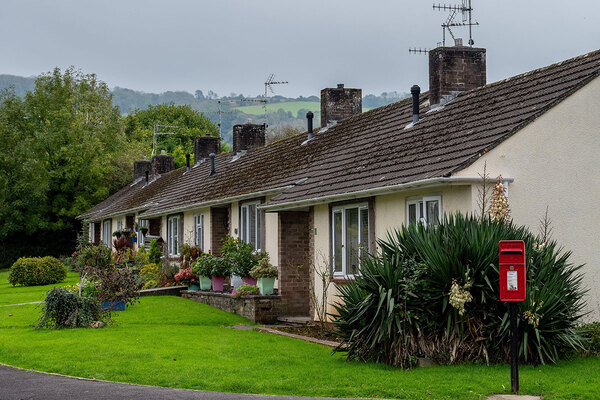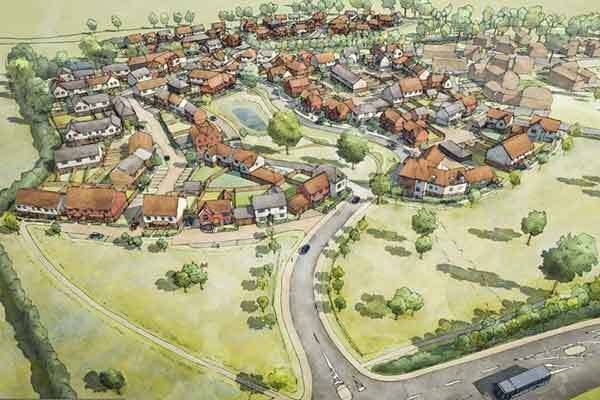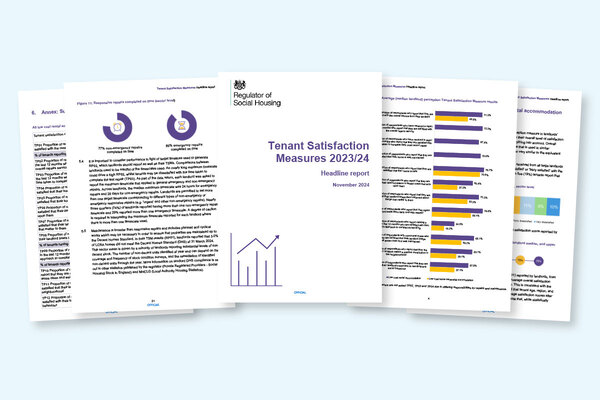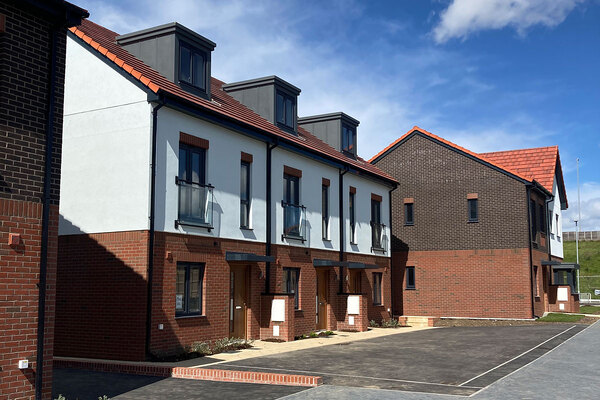You are viewing 1 of your 1 free articles
Cladding tax is ‘laughable’, says property developer
Taxing developers to help pay for cladding remediation work is “laughable” as the majority are not responsible for the cladding crisis, the chair of a development firm has said.
Andrew Southern, chair of developer Southern Grove, has criticised the government’s plan to introduce a new development levy in an attempt to alleviate the crisis that has seen thousands of leaseholders hit with extortionate bills to rectify historic issues with their buildings.
Mr Southern said: “Taxing developers, most of whom weren’t responsible for the cladding crisis, is just laughable.
“Why should a company that has never installed dangerous cladding, and perhaps never built high-rise blocks in the past, be tarred with the same brush and penalised when they’re no more responsible for this scandal than those in other sectors building cars, running our hospitals and educating our children?”
Yesterday, housing secretary Robert Jenrick announced a raft of measures in an attempt to speed up the removal of unsafe cladding from buildings and ease the financial burden on leaseholders.
These include a levy on planning applications for high-rise buildings, alongside a tax on the property industry, which will be introduced in 2022 and is expected to raise £2bn over 10 years.
Barratt, the largest house builder in the UK, has previously backed the idea of a developer levy, stating that developers have a “collective responsibility to be a part of the solution” to the post-Grenfell cladding crisis.
However, Mr Southern labelled the government’s plans “regressive” and said they will “stagnate housebuilding”.
“By applying it only to the largest developers building the tallest buildings, it will also disincentive the creation of housing in the high-density areas that are badly in need of new stock,” he said.
In addition to plans to recoup costs from developers, the government also announced a further £3.5bn of grant funding to pay for the replacement of dangerous cladding on buildings over 18m.
For buildings below 18m, the government will offer a loan to building owners, which will be repaid by leaseholders with a cap on repayments at £50 per month.
Campaign groups and MPs have widely criticised the proposals, which they say do not go far enough and leave out leaseholders whose buildings are below 18m or have safety defects that are not related to cladding.
The announcement came as a survey by Inside Housing revealed that one in six leaseholders trapped by the cladding crisis are exploring bankruptcy options.
Sign up for our fire safety newsletter
Already have an account? Click here to manage your newsletters
Sign up for our Retrofit Challenge Virtual Summit
If topics such as those mentioned in the above article are of interest to you, register for our Retrofit Challenge Virtual Summit here.
